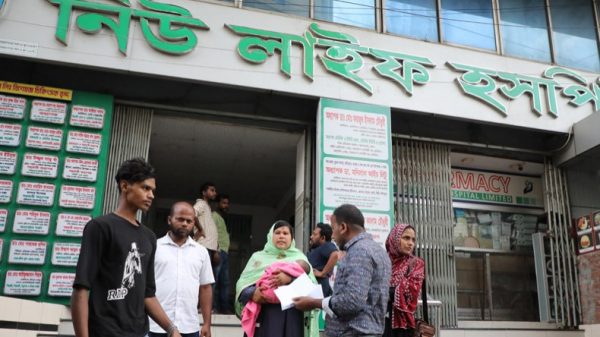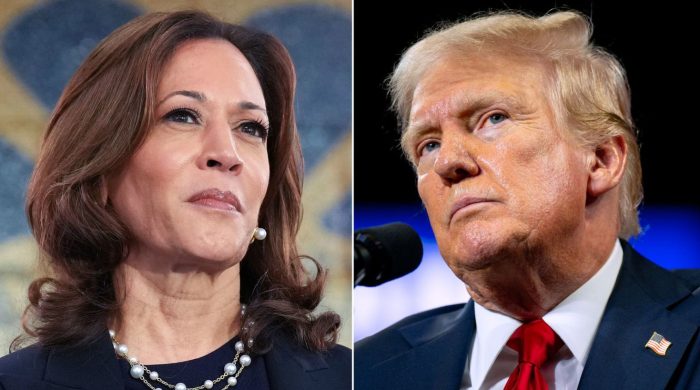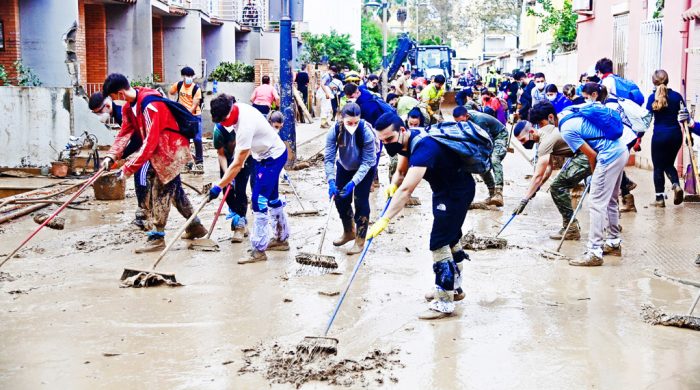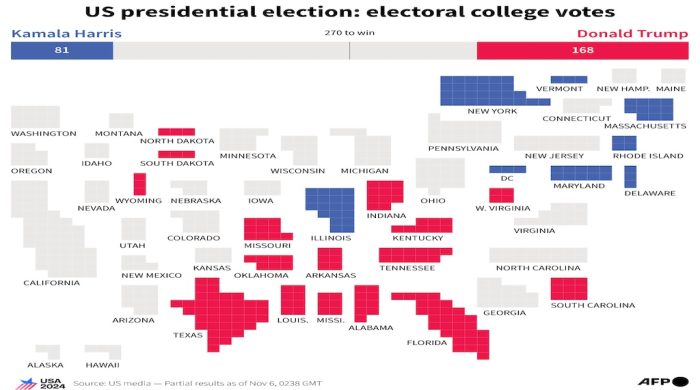Patients suffer as doctors stop pvt practice, surgery

- Update Time : Tuesday, July 18, 2023
- 26 Time View

Private hospitals and clinics across Bangladesh were forced to cancel hundreds of scheduled surgeries on Monday as physicians stopped private practice demanding the release of their two colleagues arrested over alleged negligence and wrong treatment at Dhaka Central Hospital about a month ago.
Patients, mostly unaware of the strike called on Saturday, travelled long distances only to be turned down by private hospitals and clinics.
Even critical patients were turned away, though they writhed in pain, as physicians strictly observed the first day of their countrywide strike.
There was, however, no report of deaths related to treatment denial until Monday evening.
‘I cannot believe where we live. This is anarchy,’ said Apu Sarker, 38, who came with his wife to Serum Hospital, a private hospital in Mymensingh town, for a scheduled caesarian delivery.
‘They put people’s lives at risk to get what!’ wondered Apu, apparently a frightened would-be father gravely concerned about the health of his wife and unborn baby.
Apu eventually admitted his wife to Mymensingh Medical College Hospital, a resource-strained public hospital that saw a substantial spike in patients due to the strike, reported New Age correspondent in Mymensingh.
Bangladesh’s health sector is heavily dependent on the private sector and some independent accounts say that the private sector accounts for half of all medical services.
Patients receive critical health care in the private sector, such as cardiac, renal, cancer, and neuro treatments, problems that are very common in Bangladesh and increasing rapidly.
‘We implemented the strike successfully,’ said Farhana Dewan, president, Obstetrical and Gynaecologists Society of Bangladesh, the organisation that called the strike, vowing to continue it until today.
She defended their decision to enforce the strike, saying that they wanted to send a message that physicians should not be arrested and kept in jail without evidence.
On June 15, two doctors of Dhaka Central Hospital, a private hospital, were arrested after they were accused of negligence and giving wrong treatment to a heavily pregnant woman.
The baby died soon after he was born on June 10, while his ill-fated mother – Mahbuba Rahman Akhi – plunged into a state of unconsciousness from where she never woke up.
Akhi was shifted to another hospital in the city and died seven days later, on June 18.
Several probe bodies—by both the central hospital and the health ministry—were formed over the deaths.
Top bodies of medical professionals, including the Society of Surgeons of Bangladesh, the Gynaecological Oncology Society of Bangladesh, the Bangladesh Society of Radiology and Imaging, the Bangladesh Paediatric Association, the Society of Neurologists of Bangladesh, the Bangladesh Society of Medicine, the Bangladesh Dermatological Society, and the Bangladesh Association of Psychiatrists, joined the strike.
‘I don’t think patients will suffer much, for our strike affects only regular surgeries and medical examinations,’ said Farhana.
Md Sajal Molla travelled from Manikganj to Dhaka’s Comfort Hospital to seek medical assistance for his aunt.
They, however, could not see a doctor as none was available at the hospital.
Expressing his frustration, Sajal said, ‘This is complete harassment. I took leave from my office to come here. And now, I have to stay at my relative’s house and wait till Wednesday for a doctor.’
Visiting several hospitals in the capital, patients, who had travelled from far distances and outside the capital, were seen disappointed and returning after finding out that no doctors were available for consultations.
Hospitals, including BRB Hospitals, Islami Bank Central Hospital, Green Life Hospital, Samorita Hospital, SIBL Foundation Hospital and Diagnostic Centre, and Comfort Hospital, reported private chambers and surgeries closures.
New Age correspondent in Rangpur reported that operations at about 400 private hospitals, clinics, diagnostic centres and physician’s chambers remained suspended on Monday, causing immense suffering to patients.
The Bangladesh private hospital clinic and diagnostic centre owners association’s divisional president, Syed Mamumur Rahman Mamun, said that 67 per cent of healthcare services in the division were provided by private health facilities.
Mamun said that about 500 operations are performed in the Rangpur division every day at private facilities, adding that they were all cancelled.
New Age correspondent reported a similar situation in Rajshahi as doctors refrained from attending private chambers and conducting operations.
Abdur Rahim, who came to the Popular Diagnostic Centre in the Lakshimpur area in Rajshahi city from Tanore upazila with his neuro patient uncle for a doctor, told New Age that they had no idea about the strike.
Mustafa Jalal Mohiuddin, president, Bangladesh Medical Association, the national association of professional medical doctors, who also supported the strike, said that there was no news about the withdrawal of the strike.
Health secretary Anwar Hossain Howlader or the director general of the Directorate General of Health Services, ABM Khurshid Alam could not be reached for comments.
New Age correspondent in Chattogram reported that patients returned home frustrated after they failed to find a doctor for help.
‘We feel insecure due to the arrest of the two physicians in Dhaka,’ OGSB Chattogram vice-president Shahena Akhter, also the principal of Chattogram Medical College, told New Age.
New Age staff correspondent in Sylhet reported that all private health facilities were closed on Monday.
Satish Ranjan Roy, a middle-aged man from Chhatak upazila in Sunamganj, told New Age that his wife had visited a gynaecology doctor on Thursday, and the doctor advised several tests.
‘The tests could not have been done that day due to money shortage. Today I took my wife here again, but the diagnostic centre’s receptionist informed us that no doctor would be available to prepare the report of the tests until Wednesday,’ he said, adding that frequent visits to the doctor were very hard for a low-income person like him.

























